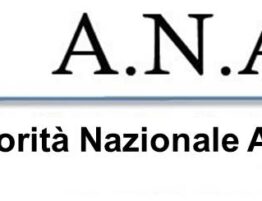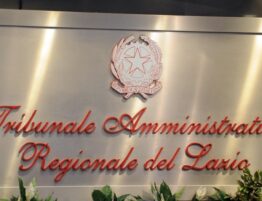
In Italy Law no. 124 (market and competition) of 4 August 2017 has “classified” the financial leasing contract, defining it as “the contract by which the bank or the financial intermediary registered in the list under Article 106 of the consolidated Act pursuant to Legislative Decree of 1 September 1993, no. 385, undertakes to buy a good or to have it built according to the choice and to the instructions of the user, who assumes all related risks, including deterioration, making it available for a certain time to a specific price that takes into account the purchase and construction price and the duration of the contract. Upon expiry of the contract, the user has the right to purchase the good at a pre-determined price or, in the event of non-exercise of the right, is obliged to return it.” (Article. 1, paragraph 136)
This definition dispels any remaining doubts about the possible trilateral character of the contract, by adhering to the established case law of the Italian Supreme Court aimed, on the one hand, at reiterating the fact that the supplier / constructor is outside the regulation of the relations between the lessor and the user and, on the other hand, at enhancing the economic and teleological data of the financing operation in light of the link between the leasing contract and the purchase agreement.
The commitment of the authorized intermediary is limited to the obligation to purchase a good or to have it built in accordance with the indications and the choice of the user, in order to make it available to the latter for a given time against a fee calibrated on the purchase price.
The risks pertaining to the good (from deterioration to destruction, also due to functional defects or to lack of compliance) have been allocated by the Legislator to the user, thus adhering to the practice that has long been established in the most used contractual forms in the Italian market.
The law has blurred the old distinction between “transfer” and “enjoyment” leasing, by sanctioning the right of the user, upon expiry of the contract, to purchase the ownership of the asset at a predetermined price or, in the event of non-exercise of the right, to return it. There is no mention of the terms of the option, which must hence be regulated through an agreement.
However, the real change brought by this new law is to be found in the definition of the user’s “serious breach” that occurs if the latter fails to pay at least six monthly sums, two – even non-consecutive ‒ quarterly sums or an equivalent amount for real estate leases; for what concerns other finance leases, at least four monthly sums, also if they are not consecutive, or an equivalent amount.
If there is serious breach, the lessor’s entitlement to free itself from the contractual obligations has certain limits. The lessor is entitled to the restitution of the good save “… paying the user the proceeds of the sales or of other uses of the good, […] deducting the overdue and unpaid amounts until the date of termination, the leasing installments due, only capital repayments, and the agreed price for exercising of the final purchase option, as well as the costs borne for the recovery of the good, the estimate and its retention for the time required for the sale …”.
In an attempt to solve right from the outset the frequent disputes arising at the time of the termination of the leasing contract, the Italian Legislature has provided that if the good is sold, its value should result either from market surveys or from an estimate made by an expert chosen by the parties. It is understood that if the recovered value of the sale does not fully cover the amount owed to the lessor, the latter can claim the remaining amount.
In view of the ratio legis, that would seem to ensure greater protection to the user, rather than an express termination clause, the requisites for serious breach seem conditions that legitimize the ordinary termination of the contract under art. 1453 of the Italian civil code. However, in the absence of any provision of the law, a clarification will probably be provided by the case law.
(Milan Office – Michele Borlasca – Tel. 0039 (0)23 9680538)








